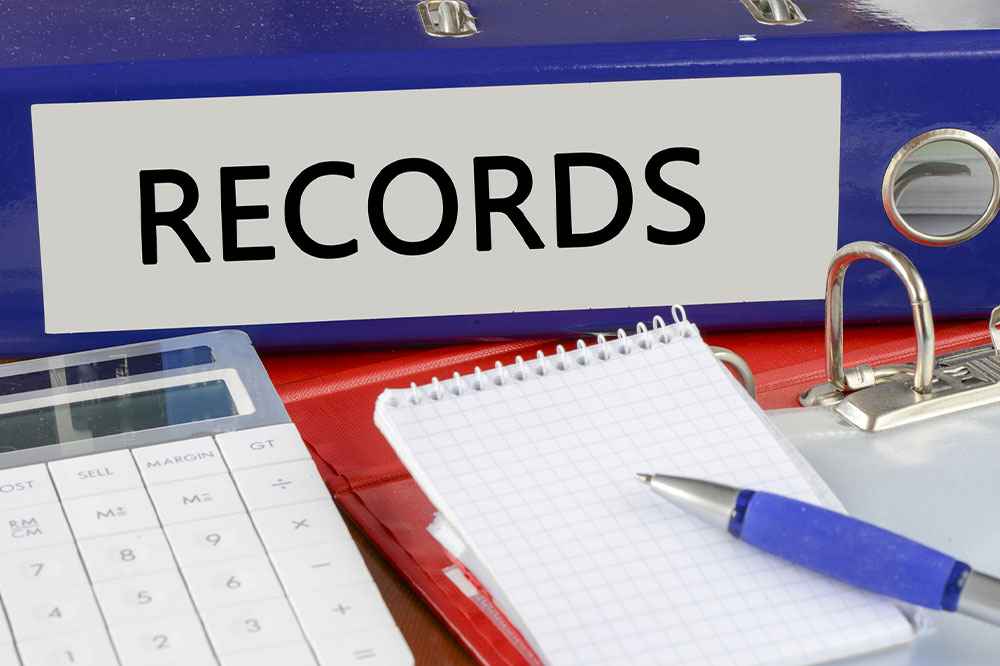Comprehensive Guide to Accessing Property Ownership Records for Informed Real Estate Decisions
This comprehensive guide offers detailed strategies for accessing property ownership records, vital for buyers, investors, and professionals. It covers government sources, online platforms, private data aggregators, and legal tools to streamline property research, verify ownership, identify liens, and assess property values, ensuring informed decision-making in real estate transactions.

Comprehensive Guide to Accessing Property Ownership Records for Informed Real Estate Decisions
Understanding how to access property ownership records is a crucial step for anyone involved in real estate, whether you're a prospective buyer, investor, legal professional, or researcher. These records contain vital information such as the current owner's name, property location, size, legal encumbrances, and historical transaction data. Accurate access to these documents can significantly streamline the property research process, saving valuable time and reducing potential pitfalls during transactions.
Property ownership records are maintained by various municipal and county offices, including county courthouses, recorder's offices, assessor's offices, and city halls. These government agencies serve as trusted repositories of publicly accessible real estate documents. Most of these records include deeds, title histories, liens, encumbrance certificates, and sometimes mortgage documents. Typically, the primary piece of information needed to access these records is the property owner’s name, parcel number, or address. Having precise details allows for an efficient search process through physical locations or online databases.
In many jurisdictions, accessing property records involves visiting the relevant office in person, where clerks can assist in retrieving paper or digital copies of documents. However, a growing number of counties and cities now offer online portals that enable remote access to property records—saving time and providing convenience. These digital platforms are often free or charge a nominal fee for comprehensive reports. Online searches allow users to input specific data such as the owner’s name, parcel ID, or address to obtain relevant documents quickly.
In addition to official government sources, several private websites compile and enhance public property data to provide easier access for buyers, investors, and researchers. Platforms like PropertyShark, Realtor.com, Zillow, Trulia, and Redfin offer user-friendly interfaces to explore property details, ownership information, valuation estimates, and transaction history. Many of these platforms aggregate data from multiple sources, including public records, multiple listing services (MLS), and proprietary databases, offering richer insights than what might be directly available from government websites.
Some online services such as instantcheckmate.com, MyLife, and JuralIndex compile detailed reports on property owners, including current addresses, criminal records, litigation history, and even bankruptcy filings. While some of these services are free, most charge fees for comprehensive searches. These tools are especially valuable for investigators, legal professionals, or buyers who want detailed background checks on property owners or potential relationships between parties involved in a transaction.
Knowledge of property taxes, lien statuses, and paid/unpaid assessments further enhances due diligence. Access to tax assessor data reveals detailed property characteristics such as size, age, number of rooms, valuation, and assessed value. This information is often available through local government portals or third-party sites that specialize in tax and assessment data. Monitoring liens, judgments, and encumbrances is critical for buyers who want to verify that the property is free of legal claims, ensuring a clear title transfer.
Real estate professionals often utilize Multiple Listing Service (MLS) databases, which provide detailed sale histories, current listing statuses, and pricing information. MLS data can reveal how long a property has been on the market, previous sale prices, and any listing changes. While MLS platforms are typically accessible by licensed agents, many public portals now showcase parts of this data for prospective buyers, thereby promoting transparency and aiding in decision-making.
Title company databases are a trusted source for verifying current ownership, previous sales, and lien histories. These companies conduct title searches that encompass all relevant legal claims or encumbrances affecting the property, including mortgages, judgments, and unpaid taxes. By leveraging their comprehensive reports, buyers can identify potential issues before closing the deal, minimizing risks associated with title disputes.
Further, property valuation and characteristics can be obtained from tax assessors or specialized data services like PropertyRadar. These resources provide insights into property age, size, number of bedrooms and bathrooms, valuation trends, and neighborhood comparisons—valuable information for investors and homebuyers aiming to evaluate property worth accurately. Subscription-based platforms like PropertyRadar also alert users to foreclosure notices, rental income estimates, and property value fluctuations, making them indispensable tools for serious investors.
In summary, there are multiple avenues—both online and offline—to access comprehensive property ownership records. Leveraging government portals, private data aggregators, MLS platforms, and title companies equips buyers with the necessary information to make well-informed decisions. Proper due diligence not only ensures transparency but also helps avoid legal pitfalls, optimizing the entire property transaction process. Whether conducting detailed research for a potential purchase or verifying ownership details for legal purposes, understanding these resources and strategies—is key to navigating the real estate landscape efficiently and confidently.





